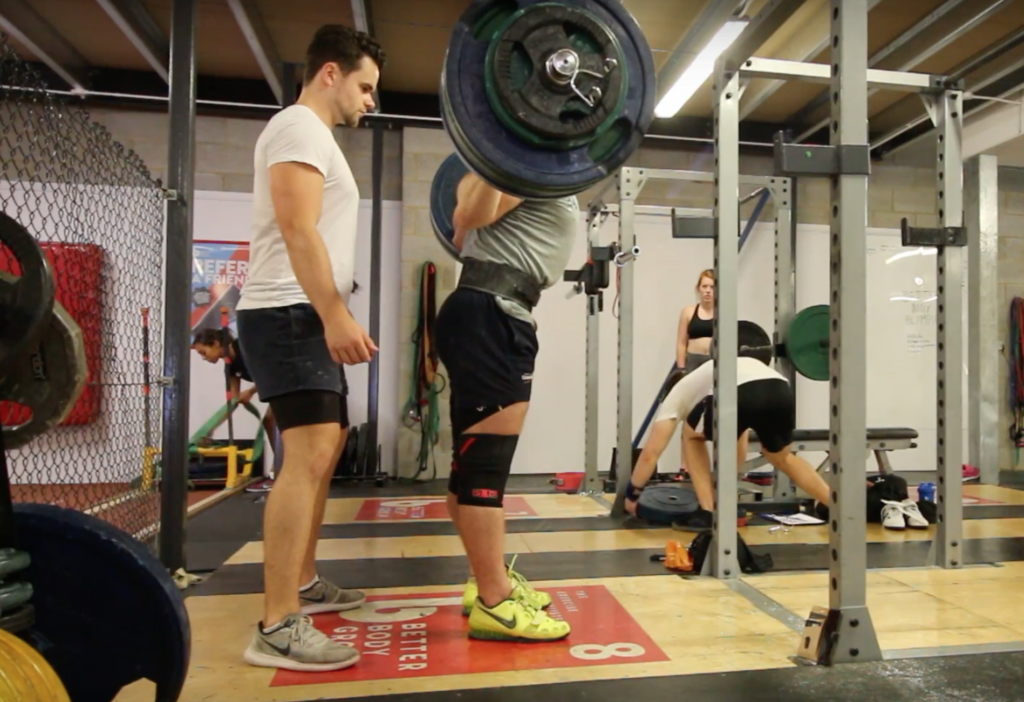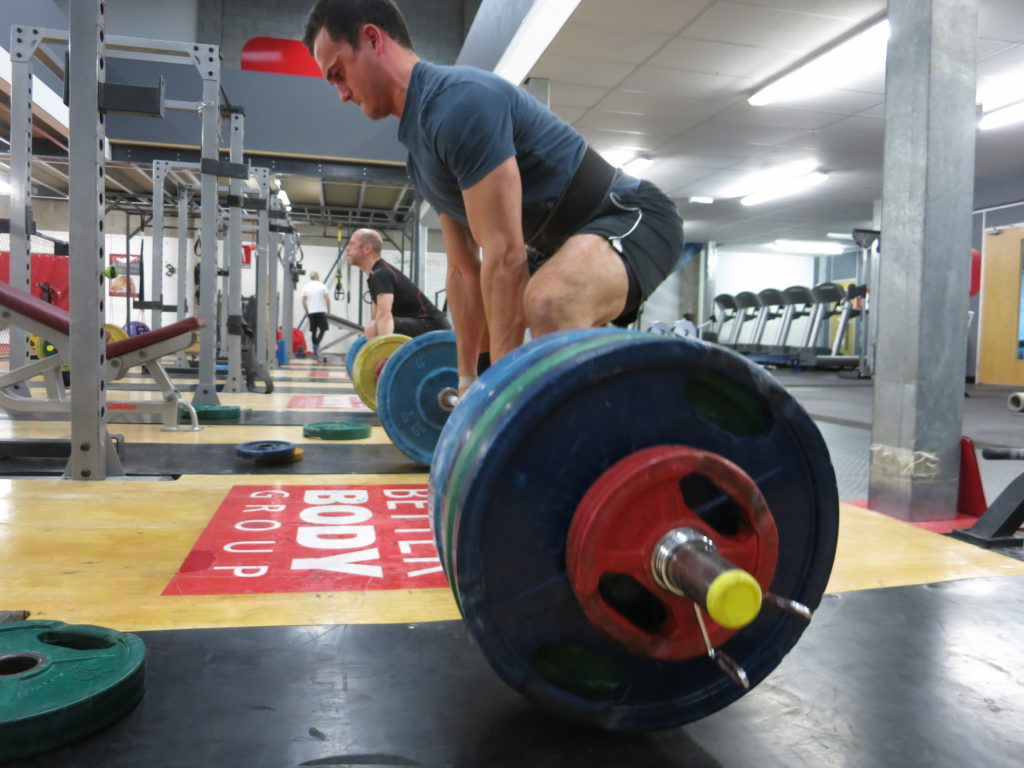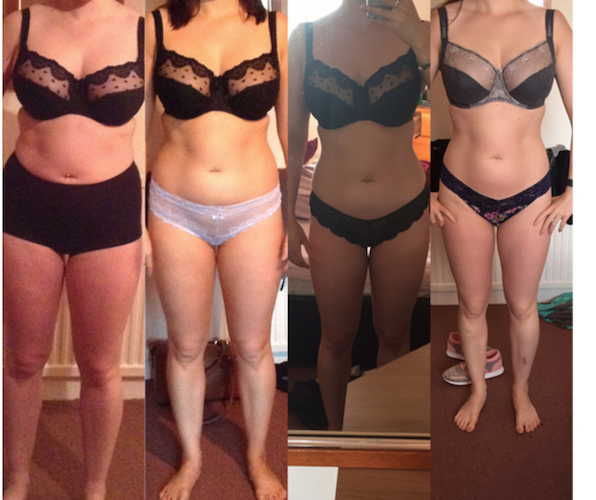Ageing and Longevity
Once we hit a certain age, reality kicks in with the realisation that we are indeed getting older! Whether that’s triggered by an aching back or knees, a few more laughter lines or more visible crows feet, we often start looking for solutions to stave off the aging process.
Wanting to look and stay young is nothing new. It has been the case for thousands of years. Cleopatra, Queen of Ancient Egypt had baths in donkey milk to stay looking young! Our modern day equivalents of milk baths include creams or lotions to hide the ‘external’ signs of aging on the skin, or supplements with properties that claim to delay the ‘internal’ processes such as wear and tear to the joints or cardiovascular issues. We are essentially searching for the fountain of youth!

The speaker in the Ted Talk, explorer Dan Buettner, along with his board of experts may have found this proverbial fountain! They found the four ‘Blue Zones’, or the places with the highest life expectancy in the world. These places were:
- Loma Linda, a group of Seventh Day Adventists in California
- Sardinia, Italy
- Okinawa, Japan
- Nicoya Peninsula, Costa Rica
Buettner and his team sought out to find what factors bought these communities together in their ability to live to a well above average age. I strongly urge you to watch the video below (22:11 long) of his talk; however, if you don’t have time I’ve included a quick summary below.
Summary
- Only 10% of how long the average person lives is determined by their genes.
- The other 90% is dictated by lifestyle.
- Therefore if we can find the ideal lifestyle we can ascertain a formula for longevity.
- We may be barking up the wrong tree when it comes to working out our own formula. We try individual factors such as diet, exercise modalities, creams etc. rather than lifestyle as a whole. For example, how do social factors also fit in?
- This is a perfect chance to make reference to a great piece written by George Monblot in the Guardian which I strongly recommend you read: Is the Age of Loneliness Killing Us? His article highlights that social isolation can play a big part in mortality, something which doesn’t immediately spring to mind in most of us!
Buettner then goes on to debunk some myths on longevity:
- Myth 1. If you try hard you’ll live to be 100. In the US, only 1 in 5000 people will live to be 100, even though it’s their fastest growing demographic. He attributes this to the fact that we aren’t programmed for longevity, we are instead programmed for ‘procreative success’, in other words passing on our genes!
- Myth 2. Treatments exist to slow or stop aging. Plenty of things cause aging that we cannot reverse. There are too many processes that occur in our body’s 35 trillion cells and therefore things do go wrong! Genes can mutate leading to different cancers, the telomeres on our DNA can shorten, and damage can build up in our cells when they turnover, are all of a few examples of things that can go awry!
You may be thinking if the above is true then what is the point in trying? Buettner goes on to explain that the human body’s capacity for life is around 90 years, whereas life expectancy in the US is around 78 years, giving us around 12 years of extra, largely disease free life.
The ‘Blue Zones’
Now we’ve summarised some of the information around the aging process, let’s take a look at what Buettner found in the Blue Zones, what they perhaps do differently to us and what they all have in common.
Sardinia, Italy

The first Blue Zone is in Sardinia, up in the highlands. The men live here the longest, with them carrying out regular physical activity. The soil here is quite infertile so labour intensive animal agriculture and shepherding is an essential role here!
In terms of their diet, it heavily consists of plant based foods, grains, high omega-3 cheese because the animals are largely grass fed. They also love a bit of boozing! Their wines have high levels of polyphenols, which may have links in prevention of disease such as cardiovascular disorders and cancers.
Perhaps most interestingly, and as something we’ll discuss further later, their society is constructed differently. This is a common factor throughout all of the blue zones. They place a much higher societal value on older people, and they are held in much higher regard than perhaps over here in the UK and the US. This higher social standing keeps the family much more close knit and apparently reduces death and disease in younger generations too. This has been coined a lovely phrase, the ‘Grandmother Effect’!
Okinawa, Japan
Okinawa lies 800 miles south of Tokyo. Here they have the oldest living female population. They have a largely disease and disability free life expectancy and they tend to die quickly and peacefully in their sleep. In this region they have 5 times as many centenarians compared to the US, have the fifth of the rate of breast and colon cancer and a sixth the rate of cardiovascular disease.
I’m sure you’ll agree that these are some pretty amazing stats! The researchers found that their attitude to diet and social constructs were at least partly responsible.
Their diets are again just like the Sardinians, largely plant based with a lot of vegetables and tofu. They also adopt strategies to stop overeating. These include eating off of small plates and they serve food at the counter and bring it to the table. No buffets or having seconds for the Okinawans! They also adopt a saying when eating:
“Hara hachi bu”
This roughly translates to “belly 80% full”.

Again, just like in Sardinia, they hold older people in high regard. Their communities are also very tight knit. These different social constructs can be associated with longevity. In their social system they typically have 6 very close friends from a young age, and they tend to stay friends throughout their whole lives. These friends provide both emotional and financial support when times get hard.
|n the West we tend to divide life into work and retirement and in the latter, we tend to get rather slow and idle. In Okinawa there’s no word for retirement. Instead they adopt an attitude of “Ikigai” which translates to “the reason you get up in the morning” or “purpose” throughout their lives. They apply this sense of purpose to everything, not just their work!
Loma Linda, California, USA
Loma Linda is home to a community of 7th Day Adventists. What is remarkable about this group of people is that they have a considerably higher life expectancy than the rest of the US, with women living on average 9 years longer (80 vs 89 years) and men 11 years longer (76 vs 87 years).

Their diet comes directly from the Bible, again like the Sardinians and Okinawans, with a high intake of plant based foods such as legumes, seeds, vegetables and also perhaps a little meat.
They put a big emphasis on taking time out, and without fail they have a 24 hour Sabbath on a Saturday where anything stressful stops; no work, no ferrying kids around, and instead, they go on nature walks and socialise to de-stress.
Nicoya Peninsula, Costa Rica

Buettner doesn’t mention this area in the Ted Talk itself, so here’s a brief summary of perhaps why the Costa Ricans have a longer life expectancy.
Firstly, they have a strong emphasis on family and social networking (not Facebook and Twitter!) and into older age, still retain a sense of purpose and contribute to society through hard work.
They eat light meals. Their evening meals are especially low in calories, something which has been linked to life extension. Interestingly, those from this area of Costa Rica have been found to have a long telomere length, a sign of slower aging which may perhaps be linked to the low calorie intake.
Their sun exposure and hard water may also increase their bone density, preventing fractures and osteoporosis via increases in vitamin D and calcium intake, respectively.
What Can We Learn From These Communities?
Let’s start by saying that we might not all want to live to an old age. Unfortunately, our journey into old age is not always smooth sailing with a disease- and pain-free existence. This can often make people feel that they are weak, are in the process of losing their dignity and can no longer contribute to society and their community in a way that they are perhaps used to. This view is held by Ezekiel Emanuel, who wrote an article titled Why I Hope to Die at 75, and along with the internet trolling in the comments it makes for excellent reading!
It might even be the case that there is not the social constructs present to support you when you get to old age. It is an unfortunate reality that even in developed countries like the UK and the US, we don’t always have an adequate structure present to support older people that need help, nor do we always hold older people in as high a regard as the communities mentioned earlier.
To grow old in good health there is no short term fix! All of the things that these communities adopt are deeply embedded into their lifestyle and culture from day one. It’s not as easy as slapping on a cream or swallowing some pills. We can learn from this and try to adopt balance, take sensible choices now and enjoy the process of staying healthy!
In terms of diet, they all eat plenty of vegetables so fibre and micronutrient intake is high. This high intake of vegetables and other plant based foods allows them to keep a low calorie intake and is also very satiating, keeping them full. However, as I mentioned in a previous blog on vegetarian diets, the absence of meat doesn’t necessarily mean that this is the determining factor when it comes to a long life free of disease. They also have strategies to prevent them from overeating, such as having smaller plates, not eating until they are totally stuffed, and the availability of food is most likely not as convenient as it is to us, causing them to automatically eat less. This relatively low intake of food, and therefore calories has some evidence linking it to life extension.
Again, the underlying principle here is balance, and we can learn from their basic approach to diet. We are constantly being bombarded with conflicting information on health, diet and exercise. I’m sure you’ll agree that too much information can often be a bad thing. I’m sure we’ve all heard some pretty sensationalist health claims online that we aren’t sure whether to believe or not. Well, the Sardinians don’t fret about whether that glass of wine will halt fat metabolism (moderate alcohol consumption doesn’t by the way); the Okinawans don’t worry about soy derived tofu giving them man boobs (again it won’t) and the Seventh Day Adventists in California aren’t concerned about their grain intake causing inflammation leading to heart disease and fat storage (again, not true!). You can find an excellent way to structure your eating whilst still being sociable and includes your favourite foods here.
All of the communities in the Blue Zones take a positive outlook on life. They don’t seem to dwell on many negative aspects of life, have any physical ideals (those of you who watched the video did you notice that they were all rather wrinkly, weren’t in what we’d consider amazing physical shape but still live to very old but healthy age?) and instead put great pride in themselves and retain their sense of purpose throughout life. They also don’t rage through life like a bull in a china shop and instead ensure they take time to relax and destress. This allows them to spend quality time with their family and friends, and most likely makes their work more productive.
They put a large emphasis on connecting with their community and putting their loved ones first. A certain element of this is down to luck, as they are born into that community, however to a certain extent you can choose to be part of a tribe or community. Buettner sets an example that if you have 3 obese best friends, you are 50% more likely to be overweight yourself. Why not set yourself up for happiness and good health by surrounding yourself with people who are trying to live their lives with good health and values.
None of them exercise, or at least as we often know it i.e. organised sport/exercise such as going to a gym. Movement and physical activity is part of their lives, whether it’s part of their work, maintaining their property, walking etc. In most of us reading this blog, a lot of this work is done for us (we have gardeners, cleaners, take escalators or lifts instead of stairs) so we need to seek more purposeful exercise, but the point still stands that it should be integrated into our lifestyle as best as possible. Exercise should not be a chore; find something you enjoy! Even though Eddie and I make a living from training others, we’d hate for anyone to train with us in the gym and not enjoy it. If the gym really isn’t for you try to play a sport or partake in a communal activity. This kills two birds with one stone, you get to connect with others and hopefully make lifelong friends from the camaraderie that sport and exercise provides.
As always, join the discussion, and like, tweet or share!




